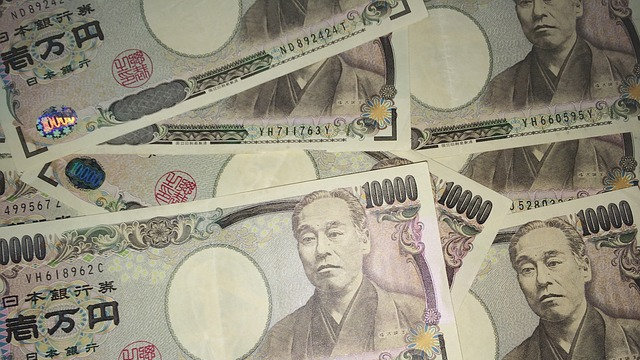
 26/08/24
26/08/24
 767
767
Bank of Japan Signals Gradual Rate Hike as Yen Faces Pressure
At the recent Jackson Hole economic symposium, the chief economist of the International Monetary Fund indicated that the Bank of Japan (BoJ) is poised to raise interest rates in a gradual and data-driven manner. Current inflation levels in Japan exceed the central bank’s targeted 2%, with inflation expectations trending slightly beyond this level. This shift towards normalizing monetary policy is regarded positively for the Japanese economy.
As of the latest market data, the exchange rate between the US dollar and Japanese yen reflects a 0.40% drop, standing at 143.78 yen to the dollar. The value of the Japanese yen is influenced by several key factors, including the overall performance of Japan’s economy and the monetary policy choices made by the BoJ. The difference in bond yields between Japan and the United States plays a significant role, particularly given the stark contrast in policy approaches. While the BoJ has maintained an ultraloose monetary stance, the US Federal Reserve has aggressively raised rates in response to surging inflation.
Moreover, the BoJ’s interventions in currency markets are crucial for controlling yen fluctuations, but political sensitivities often limit these actions. The persistence of a loose monetary policy has resulted in a weaker yen, a trend that has been exacerbated by policy divergences between Japan and other central banks.
Additionally, the Japanese yen is perceived as a safe-haven currency. In times of heightened market volatility or uncertainty, investors flock to the yen due to its reputation for stability. This inflow can bolster the yen’s value relative to other, riskier currencies. As global economic conditions evolve, the interplay of interest rates, bond yields, and investor sentiment will continue to shape the prospects for the Japanese yen in the currency markets.
 Back to the Blog Main Page
Back to the Blog Main Page














